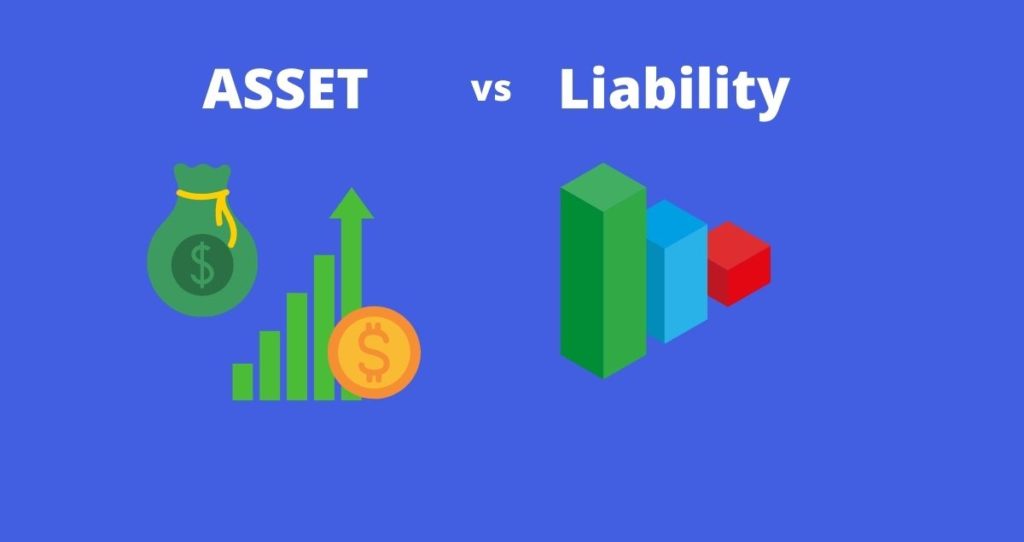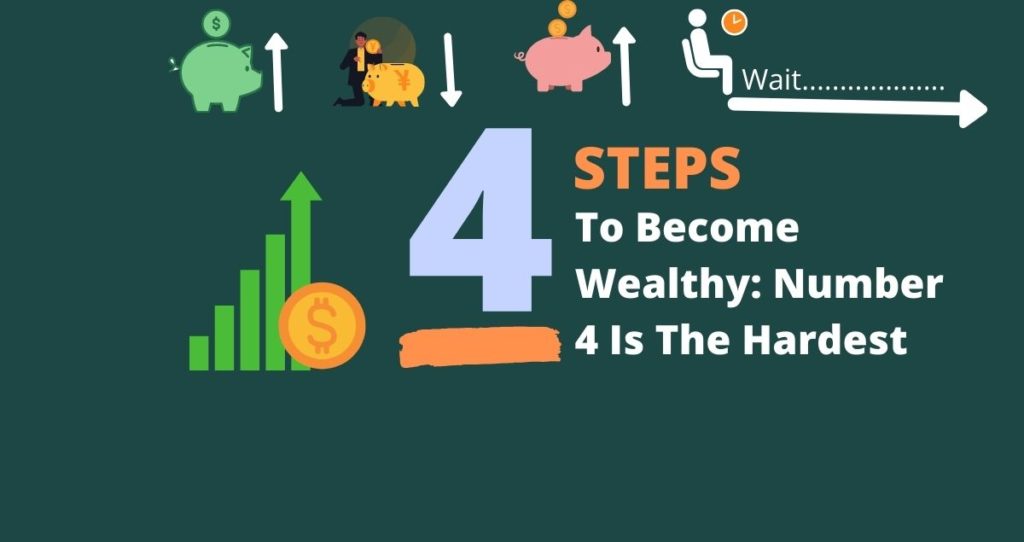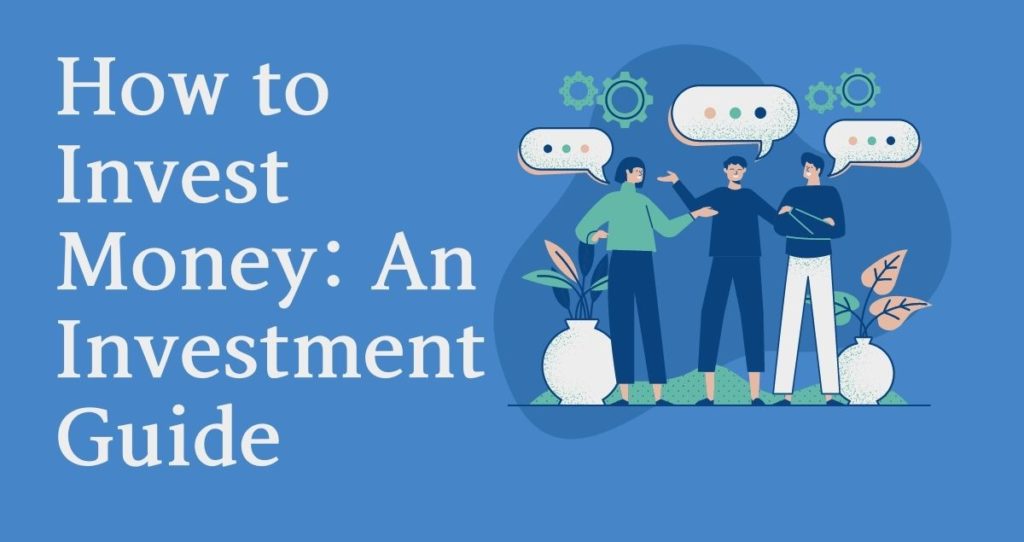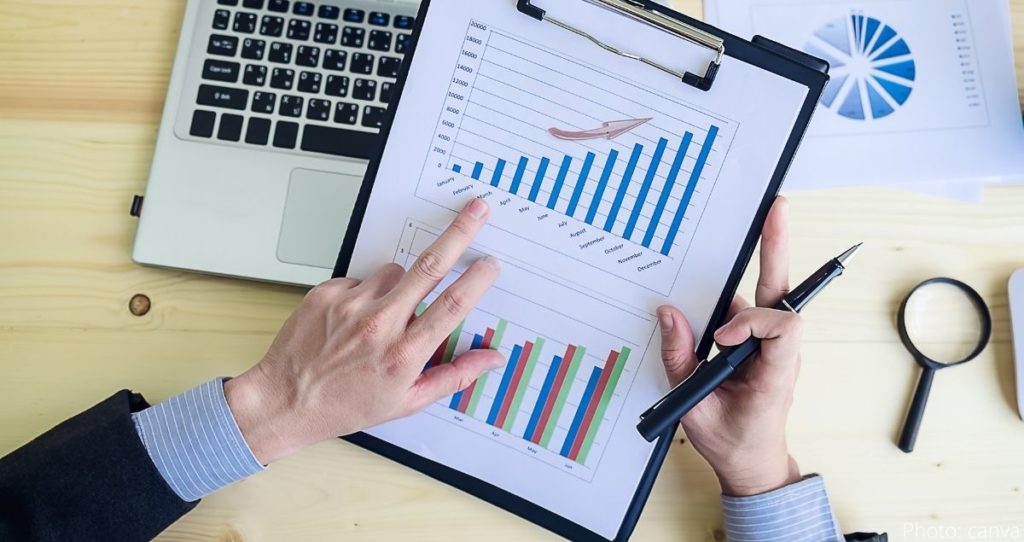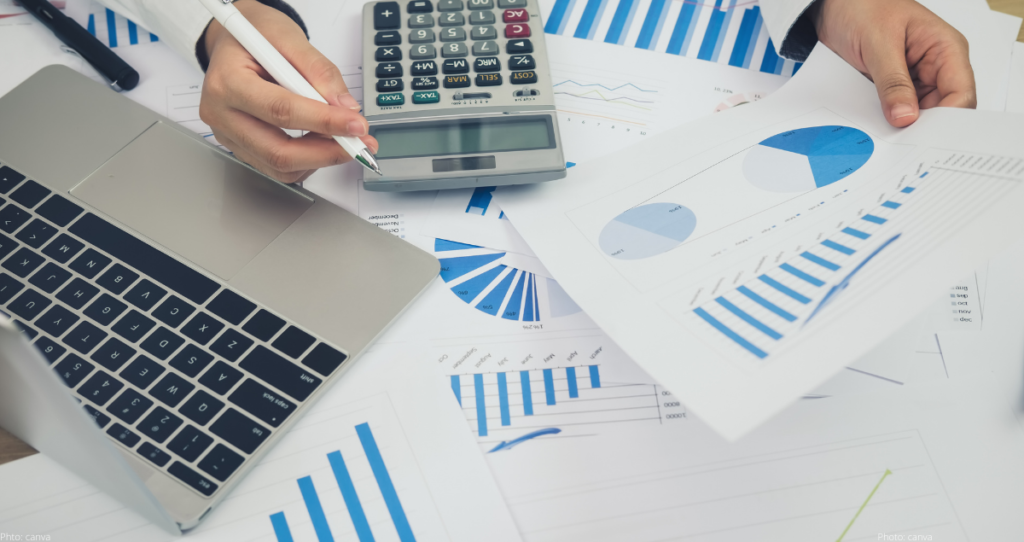You have probably heard of assets and liabilities many times before. Maybe you have been using these two fundamental terms at your job where you prepare your company’s financial reports. But, do you know the difference between asset and liability when it comes to building wealth? Achieving your financial independence will come from knowing the difference between these two terms.
Asset and liability terms are simple, and yet, overlooked. They are the most important terms each person should know if they want to turn their financial situations around. If you are doing badly financially, it is because you have not invested your time wisely in understanding the difference between an asset and a liability.
Even if you have been dealing with complex financial calculations for many years, I want you to know that you can’t define these two terms the way you do at your job. You see, companies define assets and liabilities in a business way. What happens to most businesses? They FAIL! I mean they go bankrupt. That is why if you want to achieve your financial independence, you must stop organizing and treating your finances the same way companies do.
You don’t want the same fate. If you call something an asset because you saw companies put it on its balance sheet as an asset, you will never be financially free. You have been doing something fundamentally wrong.
You must learn the true meaning of assets and liabilities, how they differ, and their impact on your financial standing.
Luckily, I am here to tell you all about it. After reading this small article, you are going to have a clear view of what assets and liabilities are. This will be the foundation of your success. The building blocks of your financial independence.
What is the difference between asset and liability?
An asset is an item/something you own that makes you money. A liability is an item/ something you own that takes money out of your pocket (costs you money). These definitions are short and easy to understand. However, when it comes to practical life experiences, most people mix them up.
At some point, you will have people who call liabilities their assets and vice versa. This is why millions of people are struggling with their finances. So, to avoid being one of them, you must take the time to learn the difference between an asset and a liability and how they are practically used in real life. Once you start mixing them up in your own life experience, you are bound to face financial troubles down the road.
What is an asset?
I already said that an asset is everything you own that makes you money. That is the simplest definition you will ever get. It is also the easiest one to remember. There is no financial jargon in it which makes it perfect for you. To help you understand the meaning of an asset, we are going to use an example. I mean a small quiz and you are going to grade yourself.
Here it is a pop quiz: Please, highlight assets among the following items.
- Your cellphone
- House
- car
- Your condo with positive cash flow
I only put three items here because you probably own all or some of them. You are familiar with them, and therefore, it is not hard for you to choose. Which ones did you choose to be assets? The correct answer to my understanding is number 4. That is numbers 1,2, and 3 are all liabilities. However, if you chose them the way you do at work when balancing your company’s financial reports, then you treated all of them as assets. I can’t blame you. That is what we were taught. We were taught that an asset is something you own. But owning something does not make it an asset when it comes to building wealth. Most of the kinds of stuff you own are all abilities.
Hold on a second, you said? Let’s analyze each one of them.
- Your cellphone: What your cellphone does is help you make and receive calls, text, and keep up with the social media world. In return, you spend money on monthly subscriptions for minutes talked, text sent, the internet used, etc. Or If you are one of those people who don’t want to itemize, you have purchased a bundle. That is you pay like $100 a month on your cellphone plan. Furthermore, a couple of years from now, your cellphone will be worth less than 30% of what you paid to acquire it if you are lucky. If you can’t sell it, then it will be worth nothing. How much money did your cellphone bring into your pocket? None. Instead, you spent thousands of dollars on it over the course of its lifetime. So, the cellphone here is NOT an asset.
- Your house: There is an ongoing argument on this one. Countless people think that their houses are assets. Let’s say that you have purchased a house and fully paid for it. So, you owe no bank a penny. Do you think your house is an asset just because you don’t owe anyone a penny? Let’s see if your house brings money in your pocket or takes it out. Assuming that you have fully paid off your house, we will consider $0 toward mortgage payments. So, that is taken care of, and congratulations. Every month, you pay property tax, monthly utility bills, homeowners insurance, maintenance, etc. For the sake of simplicity, we are going to assume that spend a total of $700 on these activities. Now let’s see how much the house brings into your pocket. Well, your family lives in the house and you do not have a tenant. Due to this situation, your house takes money out of your pocket and does not bring in any. You are probably saying: What about the equity I have built in my house? Well, that equity is yours. You would still have that equity if you put the money into a savings account for all the years you spent paying off the house. Do you know what it took you to build that equity? The interest you paid on the mortgage over 30 years. That interest alone could buy you another house. Since your house does not bring money into your pocket, it is NOT an asset.
Difference between asset and liability: Not convinced yet?

- Your car: Let’s see how much you spend on your car every month. $50 on gas, $150 on insurance, $50 on maintenance, $5($60/12) monthly fee on registration (assuming you pay $60/yr on registration). This brings the total expenses on your car to $255. We are assuming that your car is fully paid off and you do not owe anyone a penny on the car. If the car is not fully paid off, we would be talking about a different story. How much does the car bring in your pocket? Unless you use it as a rental car and bring in more than $255/month, then your car is not an asset. Most of us use cars to travel to work and back. So, we make nothing from the car itself. For this reason, the car is not an asset.
- Your condo with positive cash flow: You noticed that I did not say your condo. I also said with a positive cash flow. Having a positive cash flow means that the money you spend on it is less than what it brings in. That is you have a tenant who lives in the unit and pays you rent. The difference between all expenses(mortgage monthly payments, insurance, HOA fee, property tax, etc) on the condo and rent you collect from your tenant is positive. This means that your tenant covers all expenses on the unit and puts a little bit of money in your pocket in an exchange for a living space. The money you make on this property is that cash flow value plus the equity the tenant is building for you in the house. Since you are making more money than you are spending on this condo, we will consider your condominium an asset.
Being an asset does not mean that it does not take money out of your pocket. What matters is the difference between how much you spend on it and what it brings in. If the amount produced by something you own is higher than what you spend on it, it will be classified as an asset. This is the point you need to fully understand moving forward if you truly want to be financially independent and built wealth.
Because assets will bring you more money, accumulating more of them will make you rich. So, before you buy that piece of furniture thinking that it is an asset, think twice. It is not an asset. Yes, you paid it off with cash. But you make nothing from it each month or a year. I addition, you will probably not even make half of what you paid when purchasing it. For worse, you will put it in the dumpster if there is no one to take it for free. So, how is that an asset? Always trust the math. If your math is not coming out positive, what you are trying to buy is a liability and you should avoid buying it at all cost.
What is a liability?
A liability is anything that takes money from your pocket. If you own a piece of furniture and spend money on it, for example, it is indeed a liability. So, why is this important? Well, in order to build wealth and achieve financial independence, you must start bringing more money in your pocket than it is taken out. Even if it is a dollar a day. As long as something comes in, you can always find a way to scale it up.
The only way you can bring that one dollar is by having an asset that provides it. This is because liability will take it from you. Before you purchase something, do the calculations first. Is the item you want to buy going to bring you more money than it takes out? If so, you have got yourself an asset. If not, it is a liability and you should stay away from it.
Accumulating more liabilities increases your expenses. More expenses make it difficult for you to save money and achieve your financial goals. In the end, you go broke or bankrupt as companies do. That is why you should start defining assets and liabilities differently if you want to get out of debt.
At this point, you probably understand why I classified your cell phone, your house, and your car as liabilities. Yes, they are all liabilities because they don’t make you money. They take money out of your pockets. That is why you should not accumulate more of them.
Think about it, if one car cost you $300 each month, you will spend $900 on three cars. That is more than the average rent around the country. The reality is that many families have at least 2 to 3 cars. Put this expense together with a mortgage and student loans. Now tell me how much they will be able to save in the end.
As a recap, an asset is an item/something that makes you money. On the other hand, a liability is something that takes money out of your pocket. To achieve financial independence and build wealth, you must accumulate more assets and get rid of liabilities.
